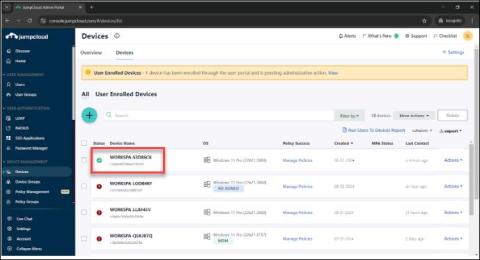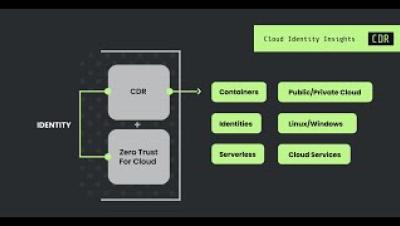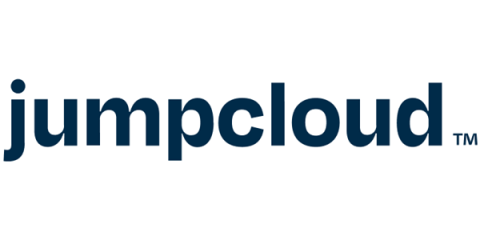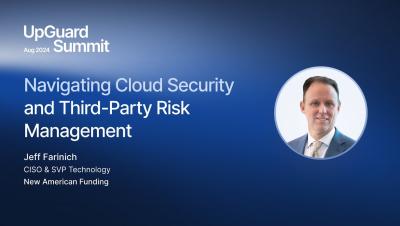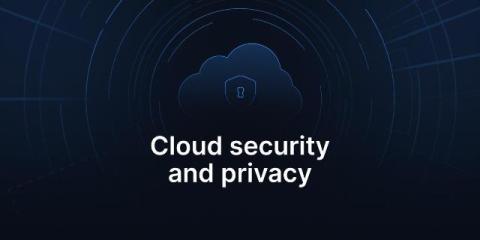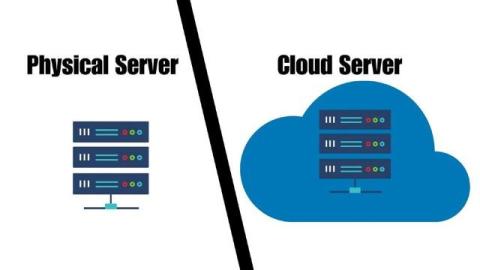Enhanced Data Security and Regulatory Compliance With AWS Cloud + Protegrity
Protegrity is proud to partner with AWS, offering businesses like yours the integrations you need to start protecting data at the field level. With precision data protection through Protegrity and AWS, companies can start meeting regulatory compliance standards outlined with PCI DSS, GDPR, Nacha, or other compliance requirements. With regulatory compliance standards met, businesses can unlock opportunities in improved cloud migration, AI, advanced analytics, reputation management, and more. See how Protegrity’s data protection and partnership with AWS can take your organization to the next level.



